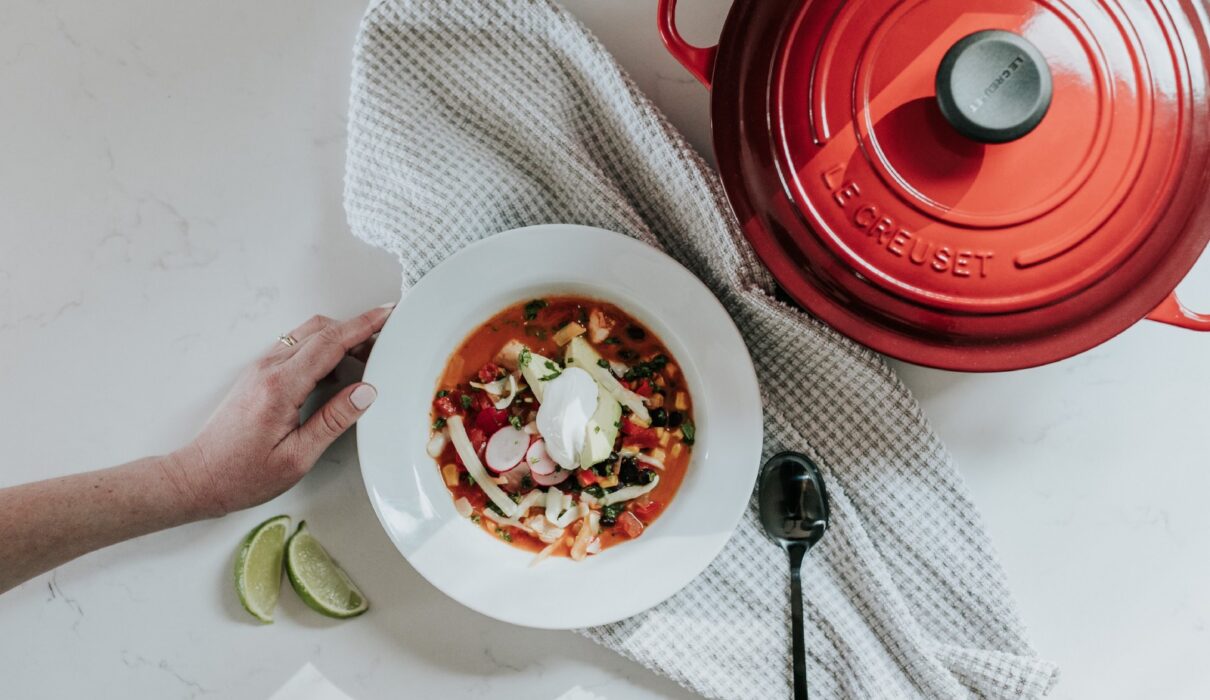After countless studies and research — scientists can now pinpoint what we can do to enhance our life.
Living life without disease or illness isn’t something people typically contemplate at regular intervals. I believe that my parent’s cancer diagnosis’ leading to their death, helped me start thinking long and hard about the kind of life I would like to live. I know that most people don’t start to pay attention to their body’s signals until a forceful reaction occurs — such as a seizure or heart attack. Perhaps your ‘hard life knock’ was cancer, diabetes, heart disease or maybe the onset of Alzheimer’s disease. But, no matter what may occur, it’s only natural to experience regret or remorse for what you could have done in the past. So, I hope to bring more awareness to the parts of your life you are now in control of. That’s only usually what you eat and the activity you do. Despite what changes you might make, unfortunately, there are no guarantees. You could be healthy, happy and have no underlying health issues but suddenly become diagnosed with the most aggressive form of cancer — without symptoms. It’s just one of the many things that can happen to us. It saddens me that life is so fleeting & it doesn’t matter where our health stands now. So, what can we do now to help us along this journey? Professor Valter Longo and Rozalyn Anderson of the University of Wisconsin reviewed hundreds of studies on nutrition, diseases, and longevity in humans and animals, then combined them with their studies on ageing and nutrients.
Analysis of these results included popular diets, such as;
- Restriction of calories
- High fat and low carb keto
- Vegetarian
- Vegan
- Mediterranean diet
- Fasting both short and long term
Here is the optimal diet based on the findings
A diet that is moderate to high in carbohydrate intake from non-refined sources, low but sufficient protein from essentially plant-based sources, and enough plant-based fats to provide 30% of your energy needs. Meals should also occur within a window of 11–12 hours, allowing for a daily period of fasting and a five-day cycle of fasting or fasting mimic diet every 3–4 months. This may help reduce insulin resistance, blood pressure, and other risk factors for individuals with increased disease risk. Eating lots of legumes is also ideal, with whole grains and vegetables. You may include some fish but no red or processed meats. You can also have a deficient level of white meats: low sugar and refined grains. Don’t forget to add some olive oil, nuts and dark chocolate! I was waiting for the dark chocolate as I included some daily (the vegan variety, of course!)
Key considerations
Diets should consider the individual’s age, sex and health status. Those over 65 may need some added protein to counter their frailty and loss of muscle mass, which may occur. Why not begin by adding resistance training to the mix to help create more muscle and develop a lean, healthy body? As with any dietary changes, work with your doctor to develop a plan that suits you and any health considerations you may require. This diet is not only for weight loss but a healthy way to extend your lifespan, slow ageing, and a preventative measure to avoid the onset of disease that might occur naturally when we all start to head into older age. If you have diabetes, please see your doctor before you start practising fasting. Although this is a very successful way to manage type two diabetes, people taking insulin should be aware of the complications when they suddenly diet and take medication. If you are not on medication for now, still consult your doctor before heading down this path. I created a ‘lifestyle fasting’ plan for my mum when she was diagnosed with diabetes. Within a year, she lost 14kg and successfully managed her symptoms with diet alone. Unfortunately, she developed pancreatic cancer, but we still stuck with the diet for as long as she had an appetite — and I would make her the necessary food at home whilst she was in the hospital. As you can imagine, hospital food is not ideal, but we did our best. Each person will react differently, depending on their health status, so I urge you to experiment closely with your doctor until you find a happy medium where you can consume the foods you love.
Please sign up via my link if you want to read more articles like this or start writing your own. I’d love to see you on the other side. ???????? Sign up here for your medium subscription. I get a portion of your monthly fee at no extra cost to you, and it will go a long way in supporting me as a writer.
